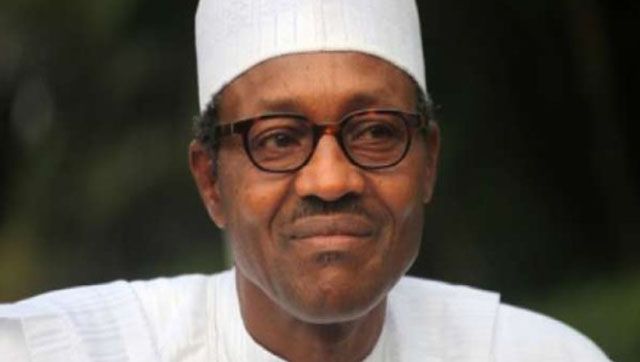
Reports indicate that Nigeria’s President, Muhammadu Buhari is likely to keep the country’s oil ministerial position for himself.
This is because of several reported cases of massive corruption in the sector.
A political associate told the Reuters that Nigeria’s oil sector is so dirty that nobody’s hands are clean enough to do the “surgical changes” needed.
Muhammadu Buhari was on last Friday sworn into office as president of Nigeria.
He on Tuesday sent a list of 15 special advisors to the nation’s outgoing national assembly for approval.
Meanwhile, according to the Reuters, the cabinet would not be publicly revealed until the end of July or early August.
Buhari have had extensive knowledge of the oil sector after serving as head of the Petroleum Trust Fund under military ruler Sani Abacha in the 1990s and oil minister in the 1970s under Olusegun Obasanjo.
TASK AHEAD IN THE OIL SECTOR
Former Nigera President, Goodluck Jonathan left Buhari with a cash-strapped government, with a rainy-day fund so depleted that it must borrow just to cover salaries.
The government relies on oil sales for the bulk of its revenues but there has been little oversight on how these are handled.
Former central bank governor Lamido Sanusi was sacked under Jonathan after he declared that some $20 billion in oil revenues were missing between 2012 and 2013.
The dealings inside the state owned company NNPC are so opaque that PriceWaterhouseCoopers, commissioned to do a forensic audit over the missing funds, said it was unable to obtain enough account documentation.
Not only is oil money stolen through accounting gymnastics and oversight gaps, but oil itself goes missing at unmetered oilfield well heads, pipeline taps and export terminals.
Pipeline protection and coastal inspection contracts have been given to ex-militants of the oil-producing delta who kidnapped foreign oil workers and blew up key infrastructure until a 2009 amnesty.
Buhari plans to let the 60 billion naira-a-year amnesty program end in December as scheduled to save money and it is unclear what he will fund in its place.
The new leader has also made clear that he wants to revamp Nigeria’s refining sector, which declined while the country became dependent on imports for fuel.
“He’s emotionally attached to the refineries because he built some of them. He wants them to start functioning again,” the APC source said.
---
Source: APC



























